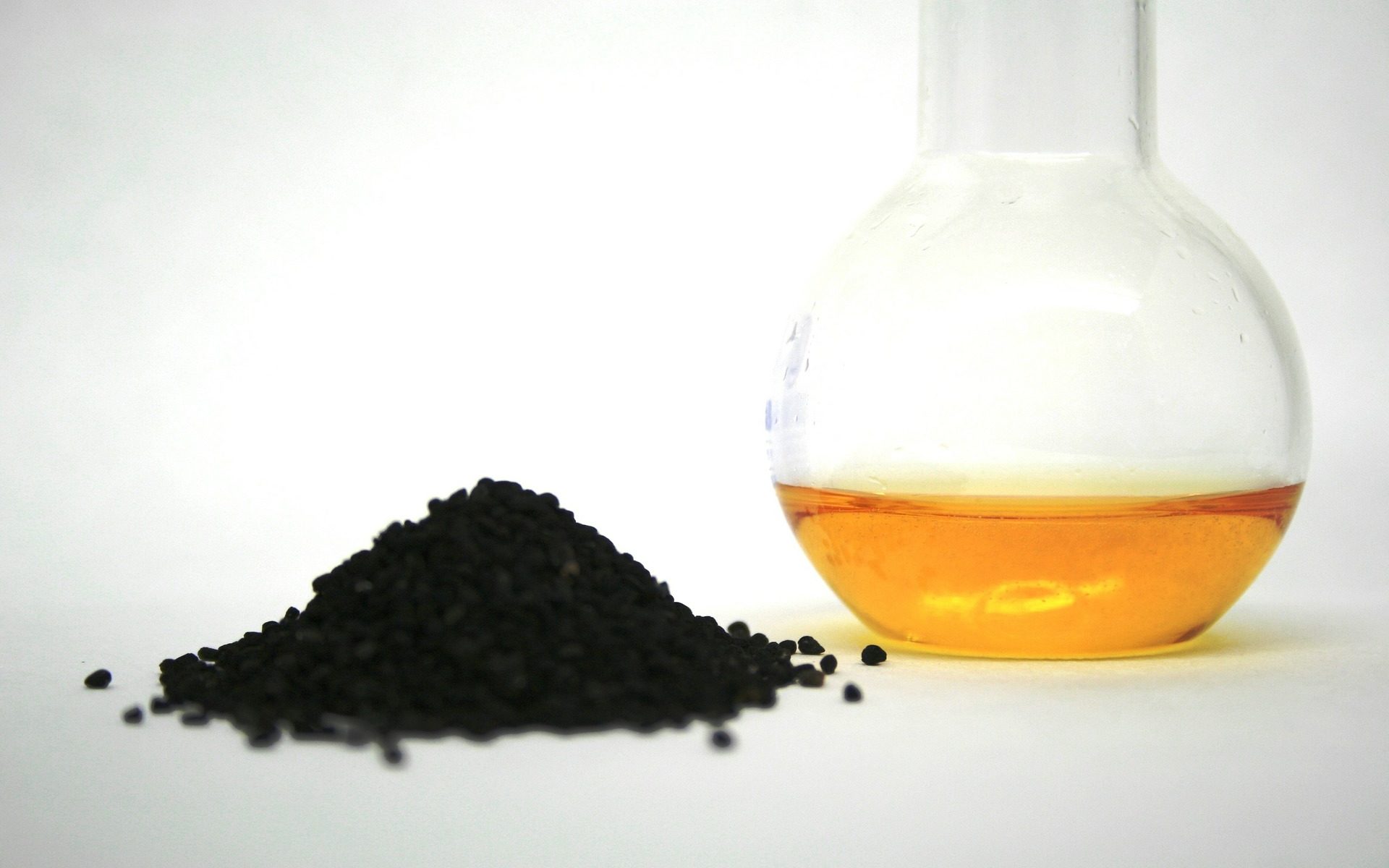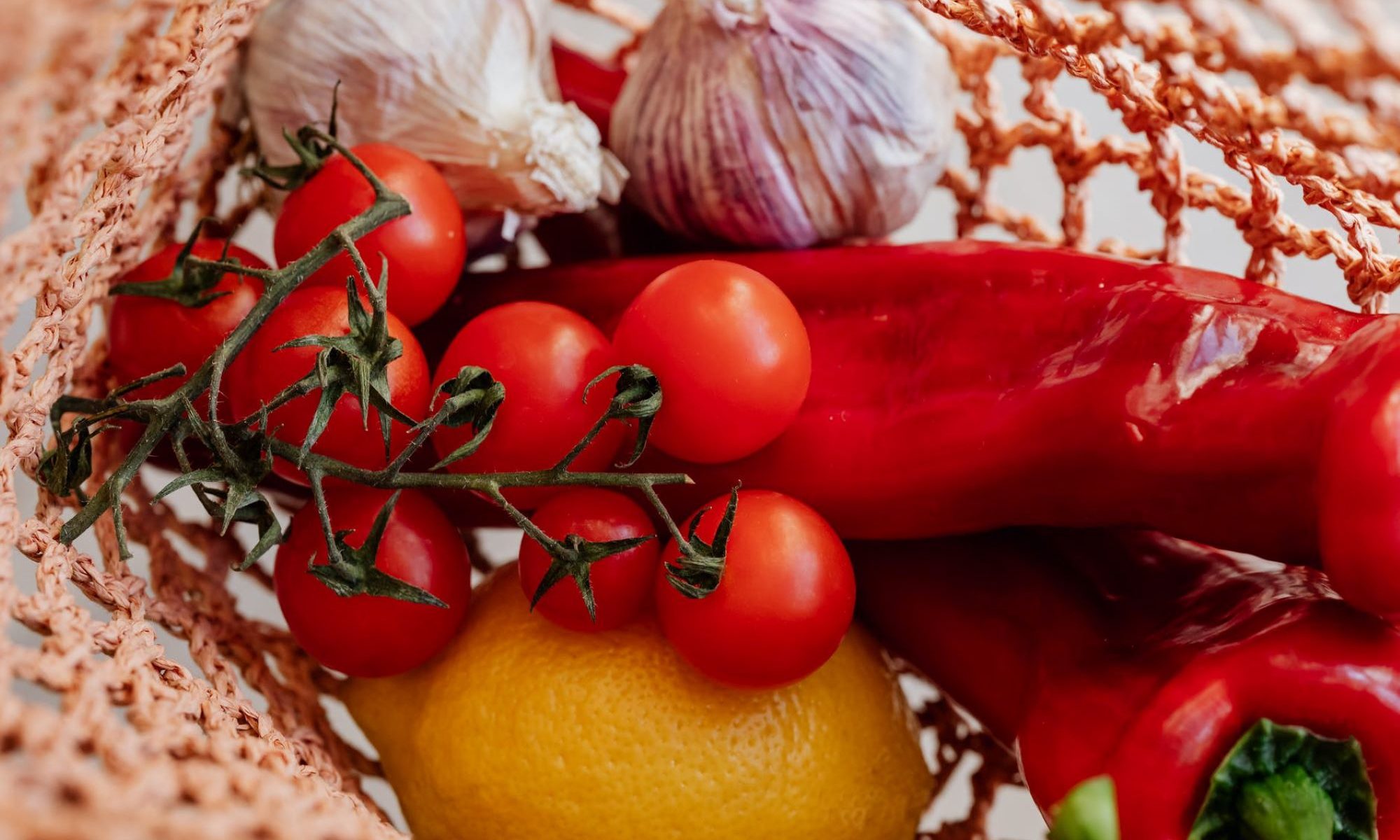Sipping a cup of soothing tea is one of the best ways to calm an upset stomach. There are a lot of teas that work, but I want to share five that you may not have tried before:
1. Ginger Tea
Ginger is one of the best teas for getting rid of nausea and stomach aches quickly. Many moms-to-be drink ginger tea as a remedy for morning sickness. My daughter did that when she was pregnant with her baby girl and it helped her a lot.
Another reason I recommend ginger tea is that it has lots of flavor. If you normally dislike herbal teas because they’re too “light,” ginger has a tangy pop of flavor you’ll love.
How to make ginger tea: Cut a piece of ginger a few inches long and peel it. Add this whole piece to boiling water and let it simmer for 3–5 minutes. If you want, add some honey for sweetness.2. Peppermint Tea
The menthol in peppermint has a relaxing effect on intestinal muscles. This makes peppermint tea an excellent choice for cramps and stomach pain. Personally, I find that even just smelling the aroma of peppermint tea helps me get rid of nausea. Each time I take a sip, I breathe in the calming steam that rises from my cup.
How to make real peppermint tea: I love fresh peppermint. To make tea with fresh leaves, crush a handful of peppermint with the back of a spoon. Let it steep for around 7 minutes. You can either filter the leaves afterward or savor them.[insert page='Offer' display='content']
3. Fennel Tea
Fennel looks like a strange type of celery and it tastes similar to licorice or anise. When it comes to alleviating the different symptoms of upset stomach, fennel does it all. It can help with gas, bloating, heartburn, nausea, stomach pain, menstrual cramps and other digestive troubles. It even has antibacterial effects for the times when indigestion is because of a mild stomach infection.
How to make fennel tea: The easiest, and cheapest, way to make fennel tea is with 1–2 teaspoons of whole fennel seeds. First, crush them gently with the back of a spoon. Add them to 2 cups of water and let them boil for 2–3 minutes.4. Lemon and Honey Tea
Citrus fruit has refreshing oils that calm nausea and vomiting. If fact, smelling a cut lemon may give you all the relief you need. I like the double combination of lemon scent and warm tea. Honey gives your digestive system some antibacterial help at the same time.
How to make fresh lemon and honey tea: Squeeze the juice from one medium or large lemon into a cup (about 2 teaspoons of lemon juice). Add 2 teaspoons of honey. Pour boiling water into this glass and stir the mixture until the honey dissolves.5. Holy Basil (Tulsi) Tea
A newcomer in the U.S., holy basil is a sacred herb in India (called tulsi) that’s been used for thousands of years. This exotic relative of common basil helps to decrease stomach acid, protect the lining of your stomach, soothe nausea and even calm anxiety, all of which can help your tummy feel more comfortable.
How to make tulsi tea: Add 2–3 teaspoons of holy basil leaves or dried leaf powder to a cup of boiling water and let everything simmer for about 5 minutes.
Trust me, these 5 teas work wonders for an upset tummy. They’re pretty tasty and relaxing, too.




